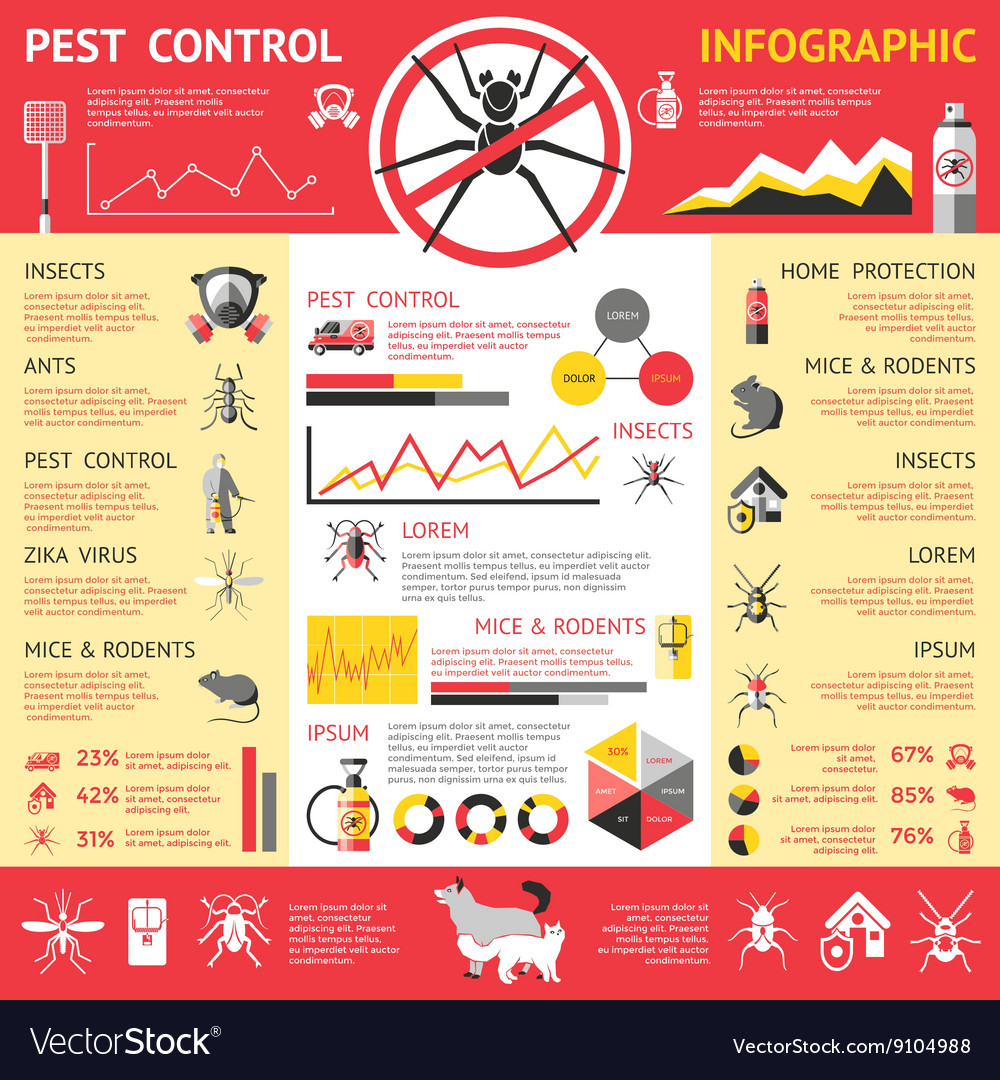Protecting Your Garden From Vermins: Techniques For A Pest-Free Outdoor Space
Protecting Your Garden From Vermins: Techniques For A Pest-Free Outdoor Space
Blog Article
Material Develop By-Lambertsen Qvist
Picture your garden as a shelter, a place of harmony and charm. Nonetheless, the existence of outside pests can rapidly interrupt this ideal picture. Suppose there were simple yet efficient methods to maintain these unwelcome visitors at bay and secure your garden oasis? By adhering to a couple of sensible ideas and applying all-natural methods, you can produce a harmonious exterior room where your plants can flourish undisturbed.
Natural Insect Deterrents
To keep pests far from your garden normally, plant fragrant herbs like mint and lavender. These fragrant plants not just include elegance to your yard however likewise serve as effective pest deterrents. Insects like mosquitoes, flies, and also some garden-damaging bugs are fended off by the solid aromas released by these natural herbs. Simply putting https://snake-river-dams-removal95162.targetblogs.com/27594090/eco-friendly-insect-control-natural-ways-to-maintain-rodents-at-bay around your garden can assist develop a natural barrier against undesirable parasites.
Along with mint and lavender, take into consideration planting various other natural herbs like rosemary, basil, and lemongrass to further enhance your yard's pest-proofing capabilities. https://ktla.com/morning-news/fourth-of-july-pet-safety-tips/ serve as natural repellents but likewise have the included benefit of working in cooking or crafting home made solutions.
Strategic Plant Placement
Think about the format of your yard and the kinds of plants you have to strategically place them for optimum pest-proofing performance.
Beginning by grouping plants with comparable resistance to insects with each other. By doing this, you can develop a natural barrier that hinders parasites from spreading throughout your yard.
Additionally, putting pest-repelling plants like marigolds, lavender, or mint near even more prone plants can help protect them. High plants, such as sunflowers or corn, can act as a guard for shorter plants versus insects like bunnies or ground-dwelling insects.
Bear in mind to leave enough room between plants to enhance air flow and reduce the threat of illness that pests could bring.
Moreover, think about planting strong-smelling herbs like rosemary or basil near at risk plants to confuse insects' senses and make it harder for them to find their targets.
Reliable Pest Control Methods
For combating yard parasites properly, applying a multi-faceted insect control method is important. Beginning by encouraging natural predators like birds, ladybugs, and hoping mantises to help keep bug populaces in check. Introducing plants that bring in these beneficial bugs can assist in pest control. Additionally, exercising excellent yard hygiene by removing particles and weeds where insects might hide can make your yard much less hospitable to unwanted visitors.
Take into consideration making use of physical obstacles such as row cover textiles or netting to safeguard susceptible plants from insects like caterpillars and birds. Applying organic pesticides like neem oil or insecticidal soap can also work against certain insects while being less hazardous to valuable bugs and the setting. It's vital to revolve your crops each period to stop the accumulation of insect populations that target certain plants.
Regularly check your plants for indicators of bug damages so you can do something about it without delay. By integrating these methods and staying attentive, you can properly regulate garden parasites and appreciate a flourishing, pest-free garden.
Final thought
So, there you have it - with the appropriate techniques, you can keep pesky outdoor parasites away from your yard and help your plants flourish.
Did you understand that planting mint has been revealed to repel mosquitoes and various other insects, reducing the need for harmful pesticides by up to 60%?
By incorporating natural deterrents and clever planting techniques, you can create a lovely and pest-resistant garden oasis for you to appreciate.
